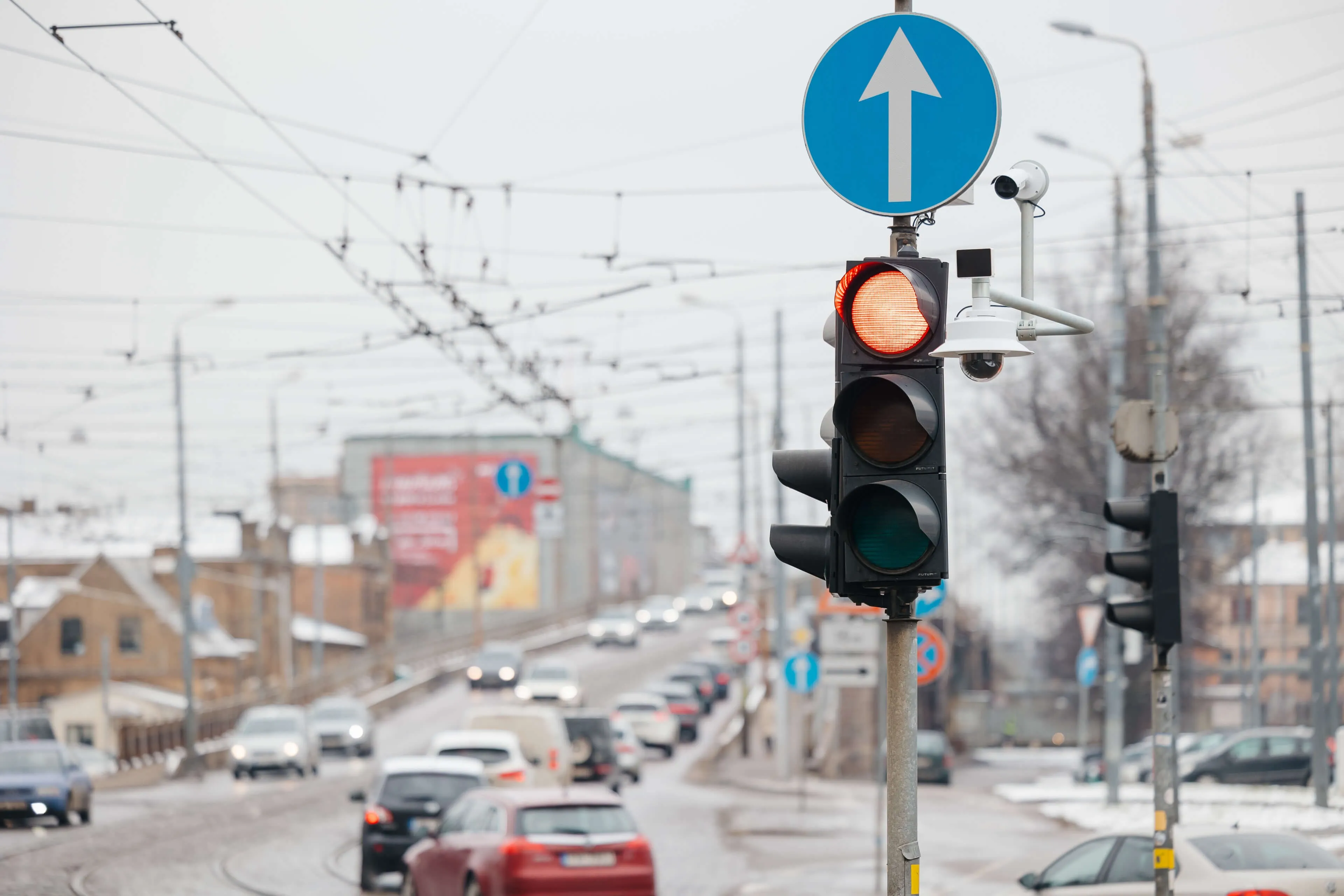
Latvian telecoms operator LMT is installing 26 traffic cameras at intersections in the country's capital Riga over the next 12 months.
The first batch of high-resolution cameras, with machine vision and edge computing, have already been installed.
They are designed to improve road safety by identifying red-light running, driving in bus lanes and ignoring traffic signals. Traffic infringements are evaluated at the edge, and information sent to servers through the mobile network for further analysis.
In addition to ANPR, the solution is also capable of object detection, classification and tracking. Potential violations are passed to the Riga Municipal Policy and Road Traffic Safety Directorate (CSDD), which assesses the penalty.
“The main aim of traffic monitoring devices is to improve road safety, which is why they are installed at high-traffic intersections with a significant number of dangerous manoeuvres," explains Juris Lūkass, chief of Riga Municipal Police
"We hope that LMT’s solution will help us significantly improve the overall driving culture and reduce the number of traffic accidents in Riga."
Juris Binde, president of LMT, says: “Having tested and installed our solution in several locations around Latvia and Austria, we’ve seen that smart traffic monitoring significantly helps with road safety improvements and drivers’ education, gradually improving the overall driving culture."
"This is a great example of innovations serving practical purposes and making our life in urban environments more comfortable and safe.”
The company says its solution can be installed in a matter of hours without construction and only requires an electrical connection - which means there is no need for significant infrastructure investment.









